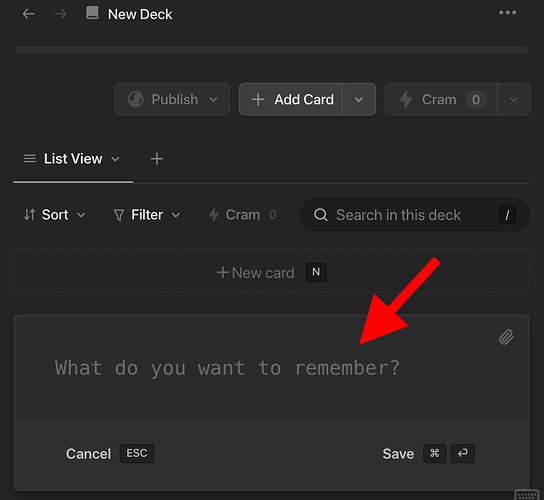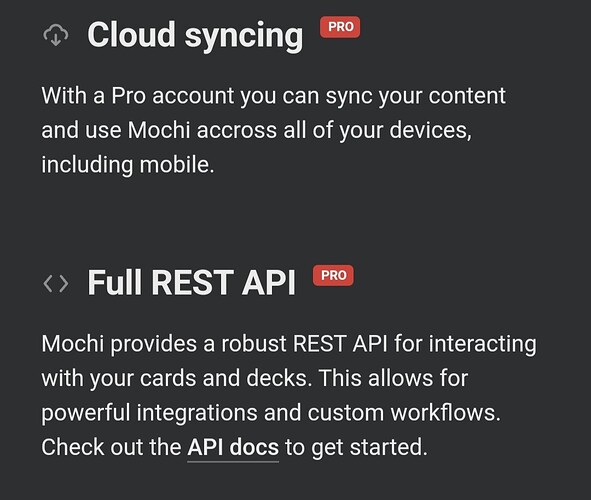Yomichan is an extension on browsers that hook into Anki. Essentially it can allow you to very quickly make Anki cards and put them into various decks. I use them to take a screenshot of the browser, use the picture in the Anki card to help review a word or Kanji based on context.
You can also add in other dictionaries into Yomichan which in turn can be used into Anki. Let’s say you wanted to use a Japanese to Japanese dictionary instead of an English to Japanese one. In many ways it’s a very powerful tool that works with an already powerful tool, as Yomichan can pull data such as pitch accent, parts of speech, even voice to text for most words.
I think Yomichan and Anki are the best combination in learning Japanese due to how powerful it can be. This is of course how much pain you’re willing to endure to understand how to use Anki. But if one is serious about learning, I think they should be willing to spare just a 'lil pain. 
In my humble opinion, I think it would be very, very difficult to offer more compelling features than the setup I have for Yomichan/Anki. After setting things up that make me happy, making a card literally takes a fraction of a second. I don’t see a reason to split resources and offer multiple subpar services when the focus should be on offering a premier grammar service.
There’s already way too many SRS programs out there, and I tried so many of them. Anki is a pain in the ass to use, but man is it darn good once you know how to use it.
 . So mobile is where I get my studying done.
. So mobile is where I get my studying done.




